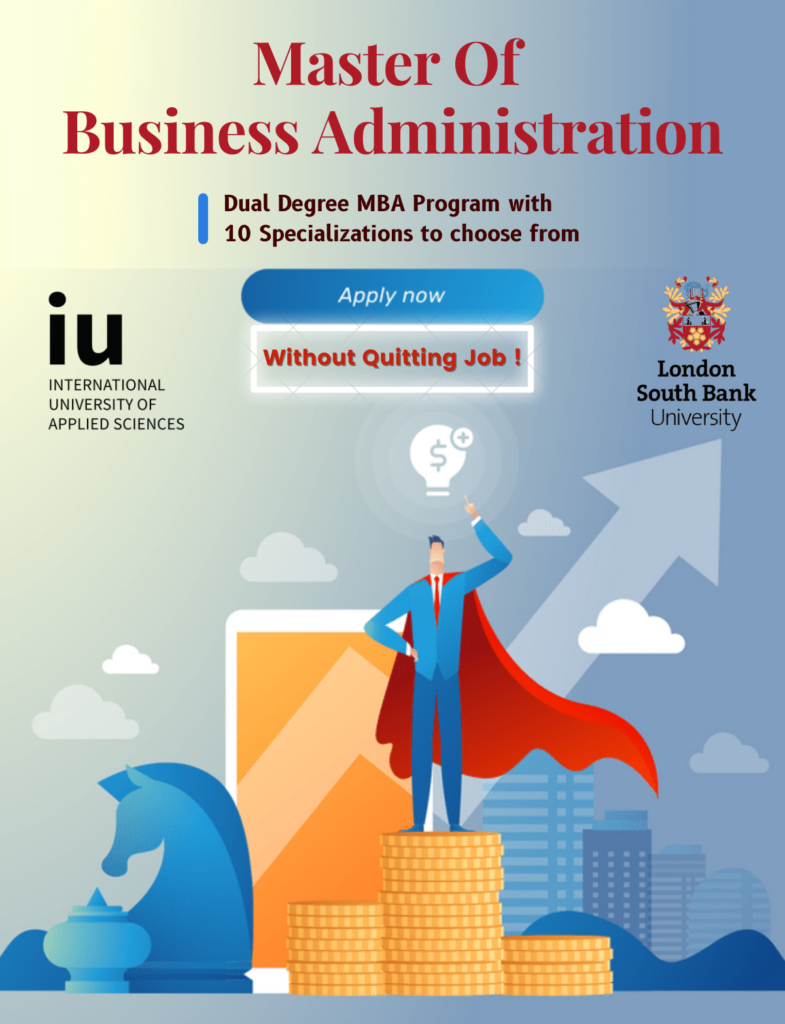What thrills you more: getting an in-depth knowledge of a particular subject by reading all that you can about it or applying the knowledge of that subject in real life? Depending on what answer you may choose, you can enrol yourself in two types of universities.
Traditional universities (German: Universitäten) focus on the theoretical and research aspect of a particular subject. University of Applied Sciences (German: Fachhochschulen/FHs or Hochschulen für Angewandte Wissenschaften/HAWs) , on the other hand, prepare students for professional work experience. The subjects in the latter, are taught in a way so as to focus on the application on practical aspect. It gears students for a professional job instead of for academia. Additionally, in University of Applied Sciences you will only study such subjects that will help you in your vocational training. However, in traditional universities, you will also have to study subjects such as maths or science besides the major you have opted for.
Eligibility Criteria
Traditional universities usually require students to sit for an entrance exam to get admission to the concerned university. But university of applied sciences has an additional requirement of the applicants having completed a preliminary vocational training/internship in their chosen field.
The Way of Teaching
Instead of focusing on the ‘why’ aspect, the curriculum of UAS focuses on the ‘how’ aspect. This approach allows students to come up with with solutions for problems. As such, it prepares them for different roles they could take up in a professional setup.
On the other hand, the teaching style at a research university is based upon answering the ‘why’ of certain fields. This teaching style has a heavily theoretical focus and teaches students to critically analyse the various components of a subject.
Student-Teacher Relations
Teachers’ supervision at UAS is more intensive in that there are mandatory contact hours, lectures, practicals. Students are guided by the lecturers during their course of study to a great extent.
Students at a research university mostly rely on their own initiative, operating independently, and need to be self-disciplined. Lesser reliance on teachers. There are small projects and tutorials, as well as large group lectures.
Experiencing the Work Field
Placements or internships are common at a university of applied sciences. Usually, students do multiple placements or internships during their study programme in order to obtain experience in the working field.
A placement or internship at a research university is less common. However, students do get the opportunity to finish their study programme with a research project or placement.
Career Prospects
A study programme at a university of applied sciences educates and prepares you as a student for a specific profession within a certain field. Some of the students end up working for the company they completed their placement or internship at, or others discover their future workplace during their study programme.
As for students at a research university, their professions are less clear in advance. These students find jobs in fields where an academic style of thinking is required, such as management, research, administration or policy-making.
Future Study
Traditional universities do offer doctorate-level degrees to their students. So as per your preference and interest, you could go for a bachelor’s, master’s, or a Ph.D.
Alternatively, UAS doesn’t provide such an option. Since there is no emphasis on research, these universities offer degrees only to the level of Masters.
Universities
One of the top universities of Germany, IU or the International University of Applied Sciences offers an opportunity for students to complete their degrees at minimal costs on their own terms. Whether you prefer online education or offline, have time or financial constraints, it will all be taken care of. This exciting chance has been made possible due to IU’s tie-up with a leading EdTech company, Gururo that aims at providing quality education to students without compromising with their needs.
You too can join others in any of the multiple programmes offered by Gururo. To learn more about it, do go through the following website:
Comparison
Universities
- Focus- Research-oriented
- Degrees offered- Bachelor’s, Master’s, Doctorate
- Subject range- All subjects
Eligibility- Entrance exam
UAS
- Focus- Practical-oriented
- Degrees Offered- Bachelor’s, Master’s
- Subject Range- Applicable subjects (engineering, medicine, law)
- Eligibility- Entrance+Internship
Pros and Cons
Pros
- Applied Sciences Universities will make you job-ready.
- Internship opportunities are more abundant in applied sciences universities.
- Applied sciences universities provide a more hands-on approach.
- Traditional universities give you the flexibility to go through your syllabus on your own pace.
Cons
- Traditional universities provide degrees up to the level of a doctorate. As opposed to this, applied sciences universities provide degrees only to the level of Master’s.
- Contrary to traditional ones, applied sciences universities also require you to have some prior experience in the field you have chosen to study.
- The number of courses offered in applied sciences universities are lesser compared to traditional universities.
- You may not be able to get into academia after pursuing degrees from applied sciences universities since they are more practical-oriented than theory based














